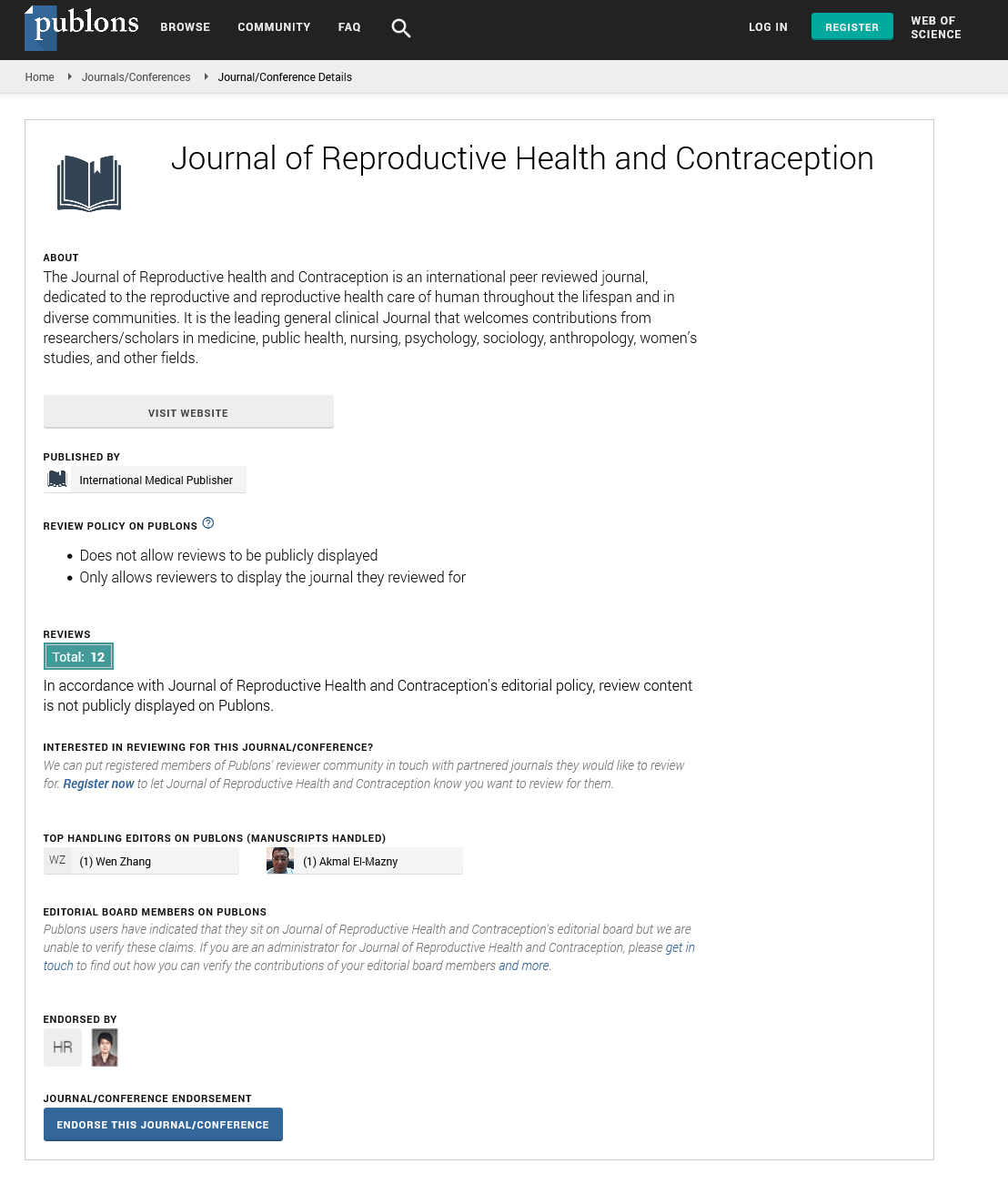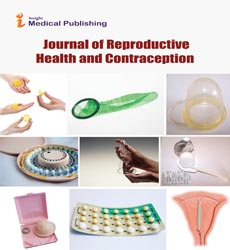Abstract
THE USE OF SMART SLEEPWEAR AS A NATURAL AND SUSTAINABLE WAY TO IMRPOVE SLEEP QUALITY ALONG THE LIFE STAGE SLEEP CHALLENGES OF WOMEN
Our sleep changes throughout our lives in many ways. Partly because our sleep rhythm changes, the older we get the earlier we feel ready to fall asleep and wake up. Another very important factor for women and sleep is the impact of hormonal changes throughout our lives. Menstruation, pregnancy, maternity and motherhood are all periods of hormonal changes that impact our sleep negatively. SLEEP, TEMPERATURE & THERMOREGULATION Inspired by modern sportswear, Dagsmejan has developed a new type of sleepwear that supports the natural thermoregulation of the sleeping body to help us keep the best temperature for sleep. Our sleep is initiated by two factors: the rise in the melatonin level and the drop in body temperature in the early evening hours. The lowering of the body temperature can be achieved by convection, i.e. by transporting more blood to the extremities, and by sweating and evaporation. In the course of the night, the core body temperature drops until it is approx. 1° below that of the awake state. From this point, around 4 o'clock in the morning, the body begins to prepare for waking up, the core temperature begins to rise again. Unlike during the day, the core body temperature and the distal temperature largely converge. Disturbances of this natural thermo-regulation lead to a lower sleep quality, which manifests itself in interruptions, too early awakening or too short SWS ("Slow Wave Sleep") or REM phases. Our natural thermoregulation is influenced on the one hand by endogenous factors such as our general state of health, stress level, hormone levels or diet, on the other hand we can support the quality of sleep by exogenous factors such as room temperature (16-19°C) and the design of our sleep system. Good solutions have been available for mattresses, bed covers and blankets for some time now. The first layer - the layer that we wear directly on the skin - has so far been neglected in this system.
Author(s):
Catarina Dahlin, Dagsmejan
Abstract | PDF
Share this

Google scholar citation report
Citations : 201
Journal of Reproductive Health and Contraception received 201 citations as per google scholar report
Journal of Reproductive Health and Contraception peer review process verified at publons
Abstracted/Indexed in
- Google Scholar
- China National Knowledge Infrastructure (CNKI)
- WorldCat
- Publons
Open Access Journals
- Aquaculture & Veterinary Science
- Chemistry & Chemical Sciences
- Clinical Sciences
- Engineering
- General Science
- Genetics & Molecular Biology
- Health Care & Nursing
- Immunology & Microbiology
- Materials Science
- Mathematics & Physics
- Medical Sciences
- Neurology & Psychiatry
- Oncology & Cancer Science
- Pharmaceutical Sciences


